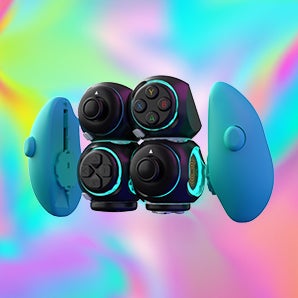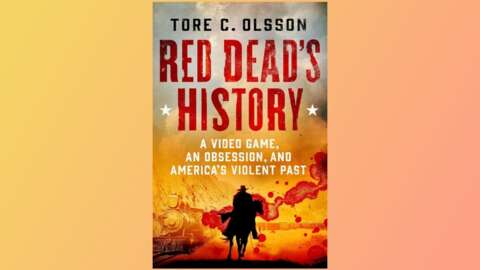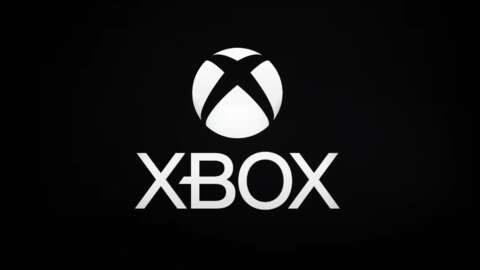On May 16, the gaming industry celebrated the 13th annual Global Accessibility Awareness Day (GAAD), a day which celebrates and promotes digital accessibility and inclusive design across multiple spaces. This year, PlayStation shared a video of five consultants exploring their use of the Access Controller, and ByoWave announced their partnership with Microsoft, unveiling the Proteus Controller. For many physically disabled individuals, this new piece of hardware is indicative of an industry that continues to understand the needs of disabled consumers.
Hardware accessibility is still in its infancy. Despite the release of the Access Controller in December 2023, as well as the Xbox Adaptive Controller in 2019, physically disabled players are ultimately limited in accessible controllers and devices. While there are controllers like the 8BitDo Lite SE, HORI Flex, and varying fight sticks and pads, recent updates to PlayStation and Xbox systems restrict and even prohibit many devices, meaning ByoWave’s partnership with Microsoft is crucial for the longevity of accessible hardware. Speaking with IGN, ByoWave CEO Brandon Blacoe and CXO Eibhlin O'Riordan explore the origins of the Proteus Controller, their working relationship with Microsoft, and their hopes for the future of accessible hardware.
Creating New Tools
Blacoe and O'Riordan are not just coworkers, but childhood friends. Growing up, they would regularly spend days after school playing games with one another. Eventually, the two reconnected after 15 years apart at a game jam, prior to COVID, where O'Riordan was studying game design, and Blacoe was looking to use his skills as a biomedical engineer to create devices that would ultimately help others. For O'Riordan, the event provided opportunities to search for hardware solutions for her specific disability – Ehlers-Danlos syndrome.
“I injured my hand when I was 14 because my connective tissue disorder didn’t heal, so I have some nerve damage in my right hand,” O'Riordan said. “If I play games for more than 20 minutes, my hand will start to get sore. When I was studying game design, I didn’t really have a hardware solution for playing games with one hand that worked for me. I just wanted a controller that fit in my hand, and I felt like the adaptive equipment out there wouldn’t give me that solution.”
The conversations between Blacoe and O'Riordan acted as the catalyst for the Proteus Controller. Using his experience as a biomedical engineer, electronic engineer, and mechanical engineer, Blacoe designed a device that started to meet O'Riordan’s needs. Shortly after, Blacoe shared his ideas with others across social media spaces like Reddit.
“We started talking to some groups that Eibhlin had already come across on Reddit and Facebook communities,” Blacoe said. “It was a big learning curve for me. I was surprised at how many people were actively seeking solutions for accessible input devices. Either a solution currently didn’t exist or using existing equipment, but there were still gaps to fill in.”
During the pandemic, Blacoe and O'Riordan continued to refine the Controller, using community input to understand the needs of physically disabled players. The two discovered that disabled players were individualistic with their requirements, with Blacoe acknowledging that “no two people wanted the same thing.” Eventually, after compiling numerous user research examples, Microsoft took notice.
Microsoft’s Investment
In June 2020, approximately six months after the game jam, ByoWave was founded. Until roughly 2022, Blacoe and O'Riordan worked with the disabled community while simultaneously searching for a sponsor to help support their endeavors. Creating hardware, especially accessibility hardware, is no simple task. And for a small team to do everything on their own – product development, marketing, research, and funding – is a daunting endeavor.
“Through reaching out to different connections, eventually, we were put in touch with the guys on the Designed for Xbox team,” Blacoe said. “That materialized quickly into a presentation opportunity that we got to give. We talked about why we built the system, and where we were looking to go with it. They really loved it straightaway.”
The conversations between ByoWave and Xbox resulted in Blacoe and O'Riordan joining the Designed for Xbox program. For approximately two years, Blacoe notes the team provided constant support, motivating them to create an accessible product that would work for an array of physical disabilities. Xbox’s understanding of accessible hardware and the needs of the disabled community is tangible – despite some unfavorable decisions – so to Blacoe and O'Riordan, the assistance was greatly appreciated. “To know that we’re building periphery on top of that has always been a huge motivation to us,” Blacoe said.
Hardware in the Future
The Proteus Controller is just one more necessary tool for physically disabled players. Its overall design allows anyone to place varying button and stick pads into a cube, which can then connect to other cubes, creating a controller that will rarely look the same for anyone. In a market that is already sparse in its offerings, ByoWave’s device is crucial to enable more disabled individuals to play games. And even if it doesn’t work for everyone, its existence still provides people opportunities to expand their collection of accessible hardware, rather than limiting them to controllers, hubs, and pads that rarely evolve. But beyond more choices, Blacoe is hopeful that the Proteus Controller will ultimately reduce the times it takes disabled players to create their accessible setups.
“[I want] the time it takes for any individual to find a space that allows them to enjoy and engage in the virtual world to be minimized,” Blacoe said. “The steps you must go through to find what equipment exists, not just for your input device, but for the environment around you can take quite a long time. We would like the amount of time just to be minimized.”
The Proteus Controller is the embodiment of community. Not only will each creation be unique to the individual, but Blacoe and O'Riordan want the disabled community to upload their setups to the Internet, enabling others to try out different button and stick positions. While it’s true the disabled experience is incredibly individualistic, disabled players in the gaming industry thrive on supporting one another. And for Blacoe and O'Riordan, that level of community care is why the Proteus Controller is so important.
“If anyone has the want to enjoy the amazing world of video games, they can,” Blacoe said. “And the barriers are as limited as possible.”
Grant Stoner is a disabled journalist covering accessibility and the disabled perspective in video games. When not writing, he is usually screaming about Pokémon or his cat, Goomba on Twitter.







